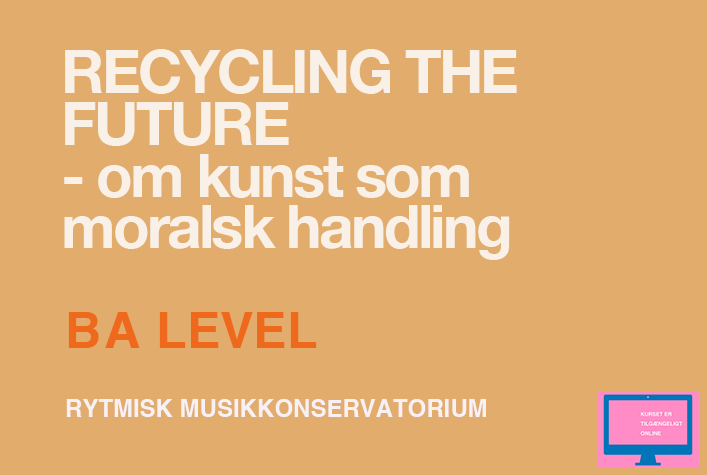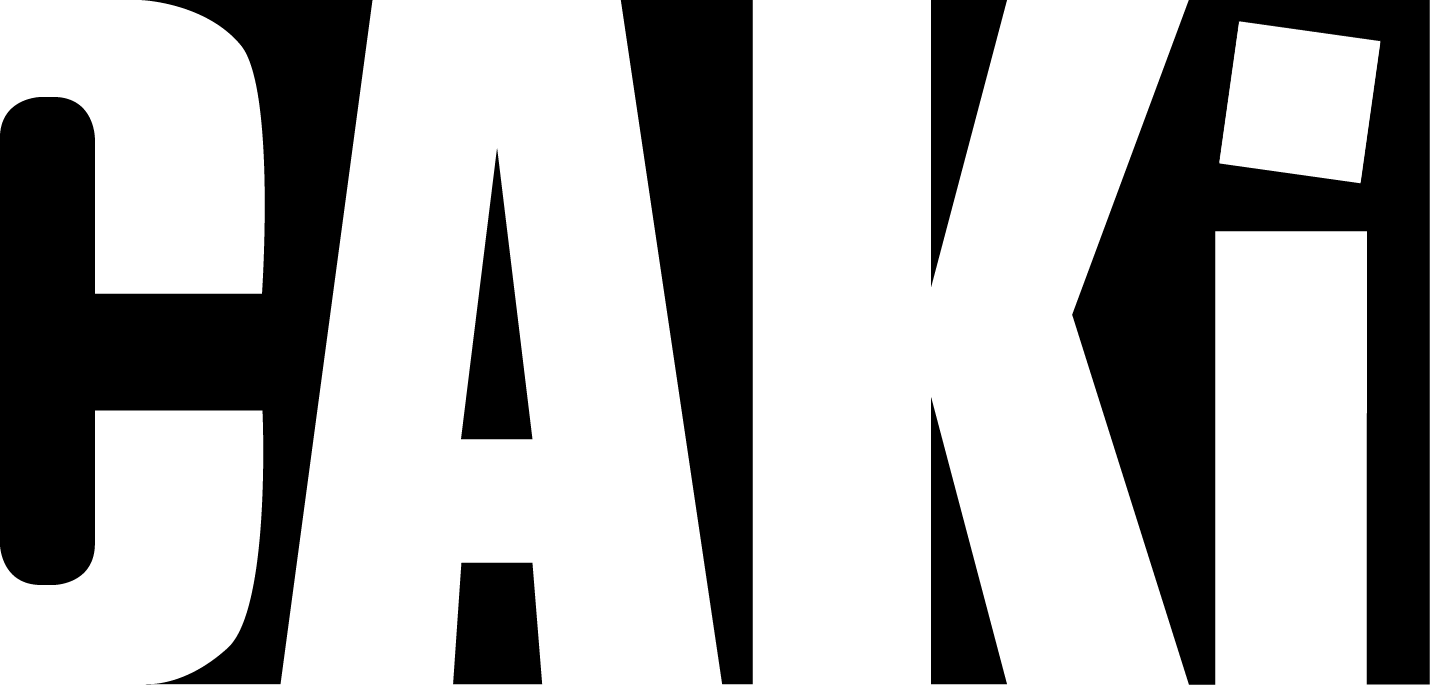
Recycling the Future: About art as a moral act
Teacher: Morten Carlsen
Offsetting in a number of speculative future scenarios, this course offers a closer look into artists’ moral responsibility in a contemporary and future perspective. We will be directing our gaze towards the year 2050, where 10 billion people worldwide will have to share sparse resources and live with unpredictable climate changes, migration and pandemics. Especially work with electronically made art – a field that encompasses almost all music recorded or realized through computer technology – results in paradoxical opposites that will in the future require the artist to take an even more actively chosen stance.
Choice keywords here are: intuitive/algorithmic; the computer screen as a mirror / window; separateness in VR-presence / presence around the dining table; human touch / machine learning; local / cosmopolitan and the west / the rest. A continuous theme is the generative and algorithmic trails that touch upon topics like Big Data and the machine breaker (Luddite / Terminator).
PREREQUISITES
It is a beneficial to have knowledge of one or more disciplines of electronic music and an interest in technological developments and their impact on art and culture.
LEARNING OUTCOMES
By the end of the module, the student will:
- have acquired knowledge of utopias and dystopias in, amongst others, science fiction, the manifestation of art and poetics.
- have acquired knowledge of the Earth’s biodiversity, climate and energy consumption.
- be able to predict scenarios for the development of audiovisual technology with focus on VR and AR and the effects of this on the art in culture / culture in art for the next 30 years.
- have a broad range of strategies for the art as a messenger of future culture and it’s expressions.
CONTENTS
The work is comprised of the following fields: Art, science, technology, ethics, aesthetics.
TEACHING AND WORKING METHODS
- Presentations
- Debates
- Group assignments
- Practical exercises
- The module can be taught by remote learning
GROUP FORMATION
Holdstørrelse, normalt 8-9 studerende
ASSESSMENT
A topic of the student’s choice will be presented within the framework of the themes of the module in the form of an essay (5 standard pages). The essay is turned in through Wiseflow before the deadline that is set by the Study Administration.
REFERENCES
Following literature will be utilized:
Choice chapters from science fiction literature, such as Ursula Le Guin, Marge Piercy, Isaac Asimov.
Articles from MIT’s journals for arts, science and technology, such as Leonardo, Computer Music Journal.
Debate books by Ray Kurzweils.
Music manifestos, such as. Brian Eno: Ambient Music, Cathrine Hilger: Rave Ethics and Luigi Russolo: Art of Noise.
The Ministry of Climate, Energy and Supply’ publications about climate changes/climate adaptations and Energy in 2050.
WHEN
One bachelor semester. Probably Fridays (not yet planned).
WHERE
Rhythmic Music Conservatory
ONLINE
Yes
LEVEL
BA-level
ECTS
2,5
LANGUAGE
Danish – English if required by participants
REGISTRATION
If you wish to participate in one of the TVAERS courses, you need to register 1 or 2 course requests.
Before course start you will be notified, if you can be offered a place on a module.
Deadline for registration for the Spring semester 2021 is 25 January

